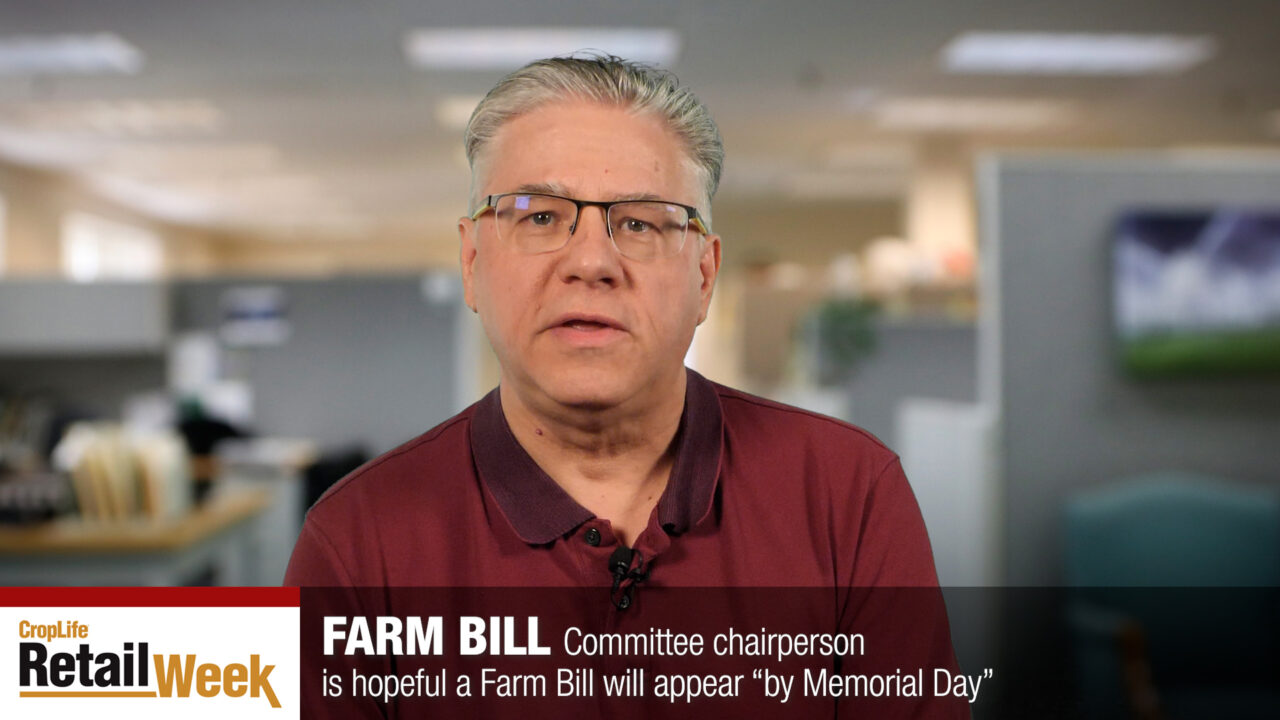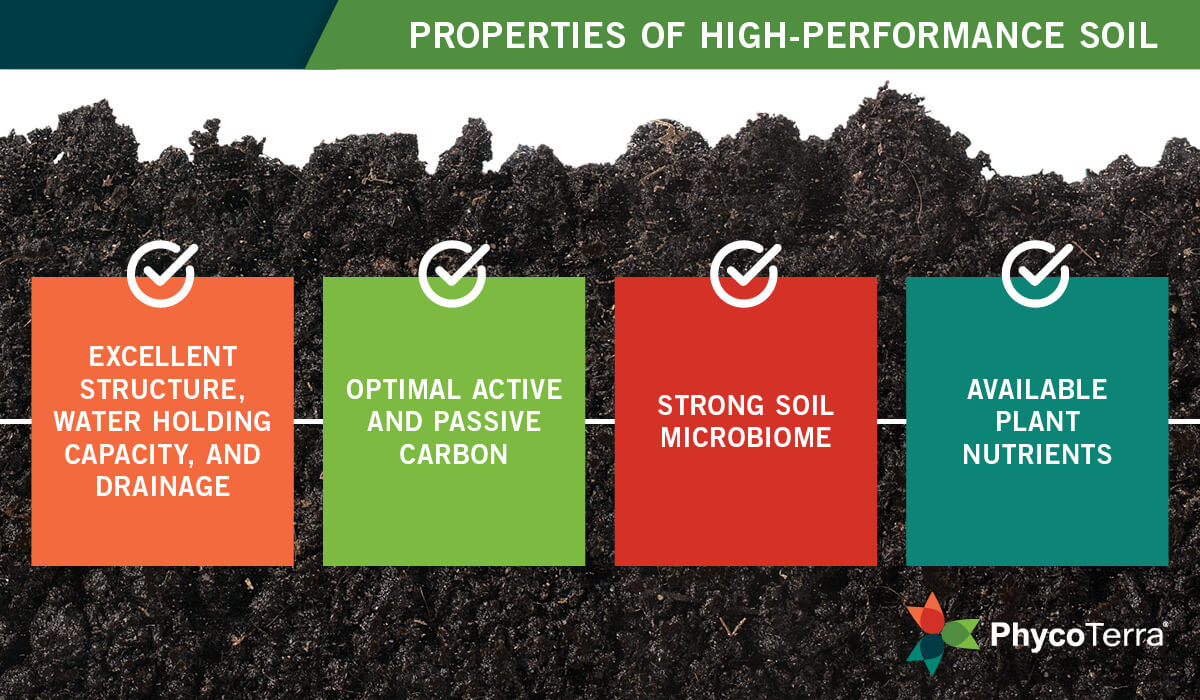The Ammonium Nitrate Question
It’s now been two weeks since the explosion at West Fertilizer Co. in West, TX, and investigators are still trying to determine what caused the horrific blast that killed 14 people, injured more than 200 and devastated parts of this town. I covered much of this in last week’s column, so there’s not much new to add right now.
However, plenty of readers have sent me e-mails regarding the event. With the exception of a lone e-mail, the rest of these letters agreed with my assessment based upon the facts that West Fertilizer’s owner, Adair Grain, could (and should) have been more thorough in its safety planning considering the amount of ammonium nitrate (34-0-0) it had at the facility. “Yes, they definitely sound like they were in violation of filing improper paperwork, which might have made a difference in how first responders handled the situation,” said most e-mails.
In fact, one e-mail mentioned the example of a 2009 fire at an El Dorado Chemical Co. plant in Bryan, TX. “Because this facility had an emergency plan that mentioned having ammonium nitrate, first responders to this blaze made the decision to evacuate the surrounding area rather than stay and fight the fire,” wrote the e-mail writer.
Yet, the most interesting e-mails I received were ones calling for an end to storing ammonium nitrate at the nation’s more than 6,000 fertilizer facilities. “I feel that our industry needs to take a serious look at getting out of the 34-0-0 business,” wrote one emailer. “It has too many wrong uses today.”
Now in truth, ammonium nitrate isn’t as widespread as it used to be. According to statistics from The Fertilizer Institute, only 2% of the nitrogen fertilizer sold annually in the U.S. is ammonium nitrate, down from 5% just 15 years ago. Still, say agriculture experts, it is popular with grower-customers in parts of the country such as Central Texas with alkaline soils, which can react negatively with other forms of nitrogen fertilizer.
Although I wasn’t covering the business at the time, I imagine this same argument regarding ammonium nitrate took place following the tragedy of Oklahoma City in the mid-1990s. It will be interesting to see what impact the recent events in West, TX, might now have on this ongoing debate.






